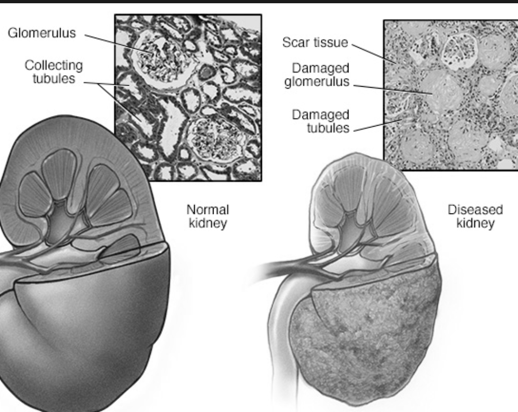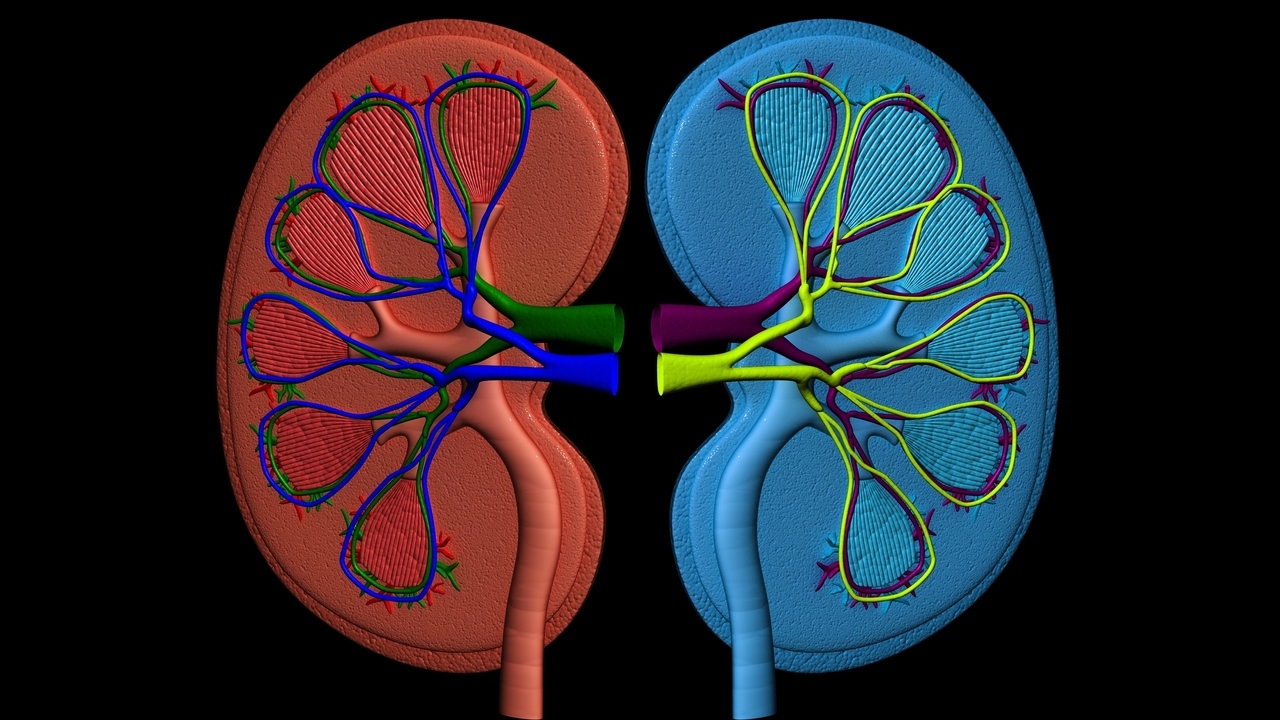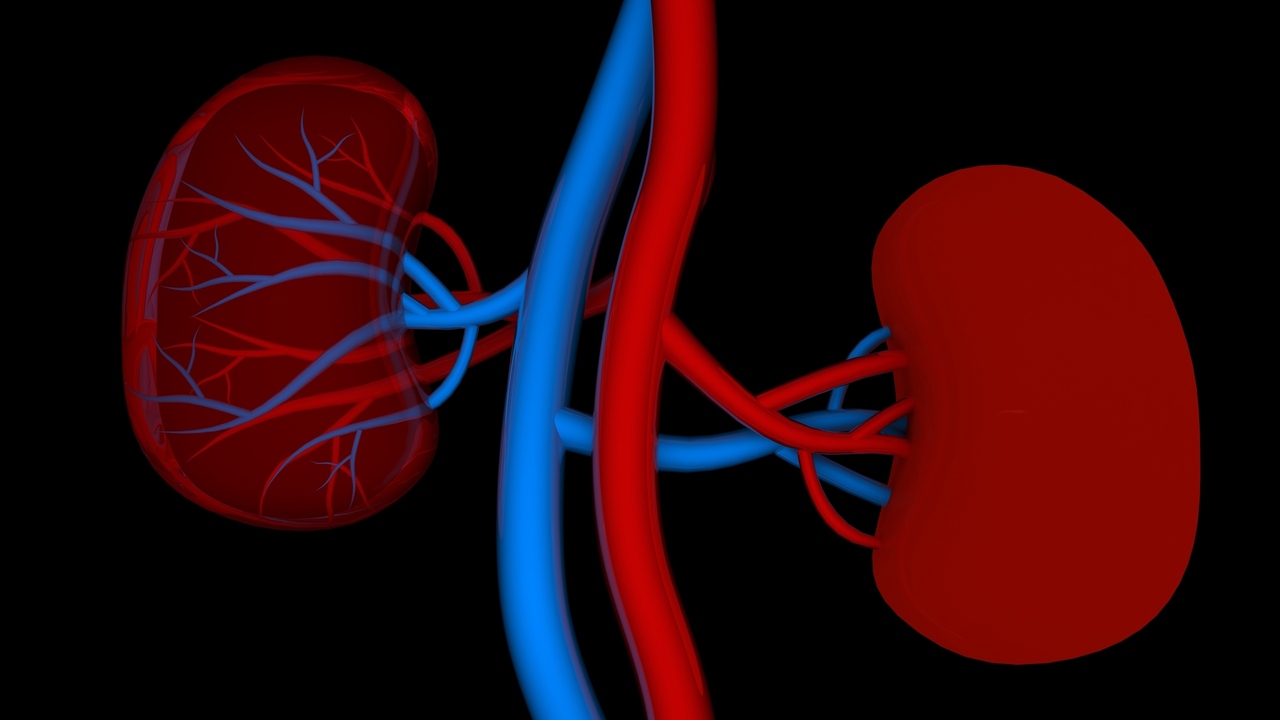 Photo Courtesy of Sadie Whitehead
Photo Courtesy of Sadie Whitehead
You’ve probably heard the term “the gift of life” tied to organ donation -- typically something you think about when you are renewing your driver’s license. There is a tremendous shortage of donated organs and so people die waiting for a transplanted kidney, liver, heart or lungs.
That’s why in recent years friends, family, and even sometimes complete strangers step forward to be a living donor.
A person can live without one of two kidneys, and -- believe it or not -- you can donate part of your liver and your liver will grow back. Obviously being a living donor is making a huge gift and it can have risks for you, although major transplant centers have been minimizing those greatly.
For anyone receiving a donated organ from either someone who died or their very alive best friend, they will almost always have to take a handful of anti-rejection medicines every day for the rest of their life.
This is a big deal because these are powerful medicines that have side effects. They tamp down your immune system so you don’t reject the donated organ, but they also put you at risk for cancer. And, over time, they even put the donated organ at risk of failing.
Lindsay Porter, 47 and a theater director in Chicago, is one of the first people in the world who may avoid this risk. Now, several months after receiving a donated kidney from her dear friend Kurt, she takes no anti-rejection medicines at all.
Porter lives a normal life and says she hardly remembers she had the transplant. “It’s a miracle,” she says.
The “miracle” is due to the groundbreaking research done, in part, at the living donor renal transplant center at Chicago’s Northwestern Memorial Hospital. Working with the University of Louisville, researchers did a clinical study.
In the study, Lindsay and seven other patients received blood stem cells from their living donor the day after they received the donated kidney. The idea was to give the recipient part of the donor’s immune system along with the organ, to avoid the need for anti-rejection medicines for life.
So far, it has worked in Lindsay’s case and for five others. It’s worked almost as well for two others.
This is a huge breakthrough that could benefit not only people receiving living donor kidneys, but perhaps even ones from someone who died. And, of course it could apply to people who receive other types of organs too.
Imagine, having the surgery to replace a failing organ and then truly going on with your life, feeling strong and with no daily reminder that you are still a patient.
Dr. Joseph Leventhal is Lindsay’s doctor and a leading researcher on this study. You can meet him and hear more from Lindsay in this Patient Power program: “New Research: Could Organ Recipients Forgo Anti-Rejection Medication?” found at http://www.patientpower.info/program/new-research-could-organ-recipients-forgo-anti-rejection-medication/
Surely, you hope you or a loved one never needs an organ transplant, but if you do, the journey to recovery may soon be easier.
About the author: Andrew Schorr is a medical journalist, cancer survivor and founder of Patient Power, a one-of-a-kind company bringing in-depth information to patients with cancer and chronic illness. Audio and video programs, plus transcripts, help patients make informed decisions to support their health in partnership with their medical team.
Patient Power is at www.PatientPower.info and on Facebook, YouTube and Twitter. Schorr is also the author of “The Web Savvy Patient: An Insider's Guide to Navigating the Internet When Facing Medical Crisis" found at www.websavvypatient.com/
Family photo: Courtesy of Lindsay Porter
Resources:
Interview with Joseph Leventhal, MD, PhD, Transplant Surgeon, Northwestern Memorial Hospital, and Associate Professor of Surgery and Director, Living Donor Renal Transplant Program at Northwestern University Feinberg School of Medicine, Recorded 3/27/12 and online at Patient Power: http://www.patientpower.info/program/new-research-could-organ-recipients-forgo-anti-rejection-medication
Interview with Lindsay Porter, Kidney Transplant Recipient, Chicago, Recorded 3/27/12 and online at Patient Power: http://www.patientpower.info/program/new-research-could-organ-recipients-forgo-anti-rejection-medication
Reviewed April 2, 2012
by Michele Blacksberg RN
Edited by Jody Smith





Add a Comment1 Comments
"A person can live without one of two kidneys, and -- believe it or not -- you can donate part of your liver and your liver will grow back. Obviously being a living donor is making a huge gift and it can have risks for you, although major transplant centers have been minimizing those greatly."
There is so much misinformation in this paragraph I hardly know how to begin.
- 4.4 living kidney donors die each yr in the US within 12 months of surgery.
- 20% of LKDs experience physical complications, some of which are severe and chronic.
- 40% of living liver donors experience physical complications.
- 20-30% of all living donors suffer from depression, anxiety, and PTSD. Yet not a single transplant center offers aftercare or support.
- There are NO national standards of living donor care in the US. This means that all of the 20+ transplant programs make up their own rules and are accountable to no one.
- Nearly 60 yrs after the first living kidney donor transplant, there is NO comprehensive data on LDs health and well-being. In 2000, the Sec of Health mandated one yr of follow-up on all LDs (2 yrs as of 2006) yet over a decade later, more than 30% of LDs are still reported 'lost', and not one center has been penalized for noncompliance. OPTN's own data task force called the database "woefully inadequate" and "useless" for research or analysis.
- Transplant recipients are followed for ten years, and bone marrow donors have a govt sponsored registry. Yet living donors have nothing.
As the sister of a kidney transplant recipient, and friend of a heart transplant recipient, I understand the need for organ donors. But as a living kidney donor and living donor activist, I find this constant minimization of the risks of living donation to be abhorrent and unethical. The public should not be viewed as medical supply. Living donors are people too.
www.livingdonor101.com
April 3, 2012 - 7:23pmThis Comment